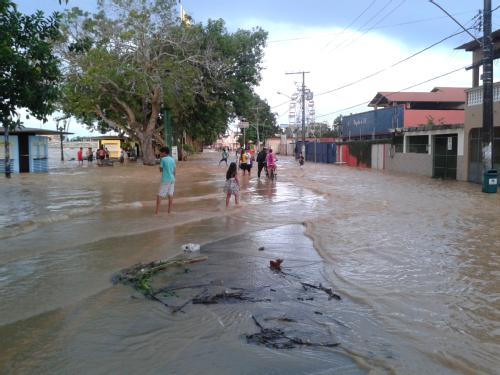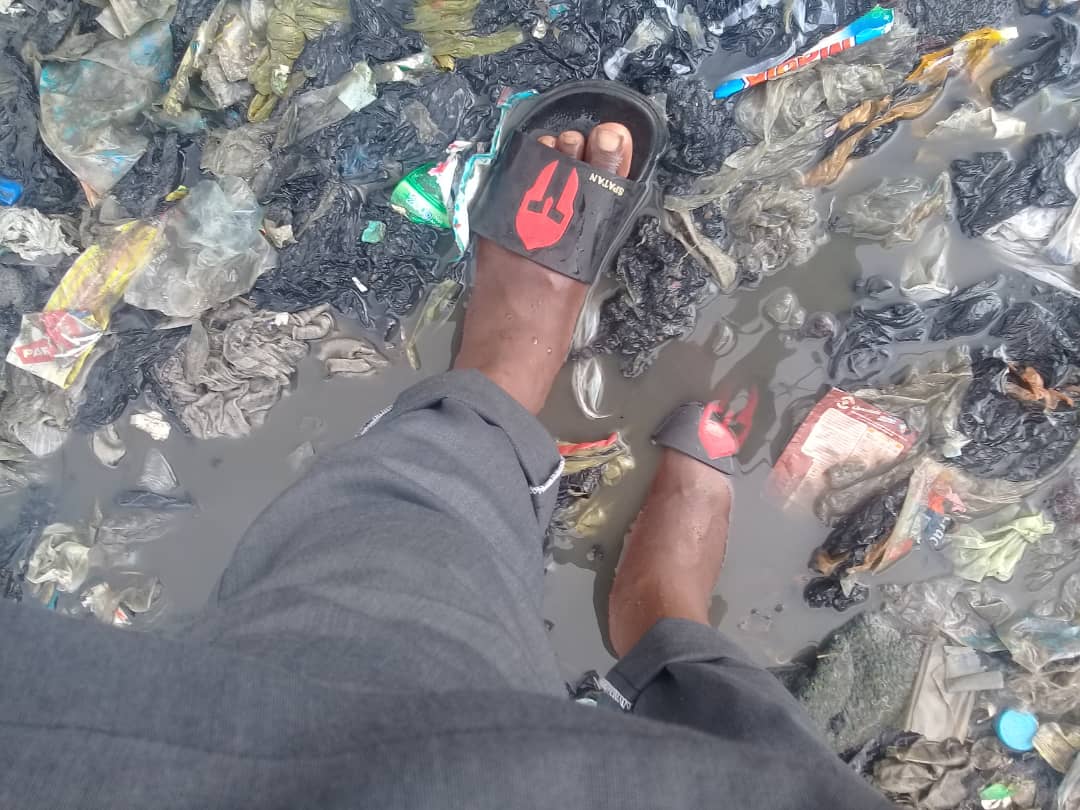TRANSFORM: Three thematic areas
The programme will be organised in three initial thematic clusters:
-
Climate resilience and socio-environmental justice
-
Sustainable urbanisation, health and wellbeing
-
Sustainable Economies and the food-water-energy nexus
The complexity of human-environment interactions and their relationship to context-specific issues
There are important theoretical and methodological gaps that need to be filled in regard to the complexity of human-environment interactions and their relationship to context-specific issues. For instance, how can we combine knowledge on natural hazards and socioeconomic vulnerabilities with the need to do research that effectively supports transformative change in governance? How can we use novel methodologies in data analytics to reveal existing health inequities in different urban settings and simultaneously empower local governments and communities to effect change? Answers to such questions require new theories and methods to bridge existing siloed disciplines and the perspectives of non-academic practitioners. They also require the ability to design innovative research projects to tackle specific challenges, going beyond traditional divisions between quantitative/qualitative, conceptual/applied methodological traditions.
Transdisciplinary Projects
TRANSFORM's postgraduate research students will work on transdisciplinary projects that address real-world sustainability challenges defined together with an external practice partner, under the supervision of at least two academics from different disciplines relevant to the challenge.
Students will have a supervisory team composed of a mentor from a practice organisation (e.g. UN-Habitat, Médecins Sans Frontières, British Geological Survey, Environment Agency, Met Office, African Population and Health Research Centre, International Livestock Research Institute, Center for International Forestry Research, International Institute for Environment and Development), as well as two academic supervisors from different disciplines across the social sciences/humanities and the sciences, broadly understood to encompass natural sciences, engineering and medicine.


